ABM Archive Website
THIS WEBSITE CONTAINS ARCHIVE MATERIALS FOR HISTORICAL REFERENCE ONLY
For up-to-date information, including our latest appeals, news, and resources, please visit our current website.
ABM’s work and the Marks of Mission
The following stories show how ABM’s Community Development Program reflects the Marks of Mission in which its work is grounded.
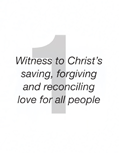 |
|
In implementing ABM’s Community Development Program, we interpret this mark of mission in the fact that all our work is motivated by Christian values, including a strong sense of compassion for our fellow human beings. We reach out to people in need, regardless of their faith. In China, ABM’s partner, Amity Foundation, works mainly with non-Christian communities who are marginalised within mainstream society. |
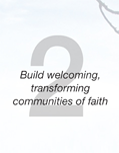 |
|
ABM’s community development work aims to build cohesive, inclusive communities, where people are free to express their beliefs. We seek to empower communities to identify and address community problems and concerns, and to mobilise the skills, learning, and experience of all members. ABM works in partnership with the Episcopal Church in the Philippines (ECP), and the Phililppines Independent Church, to empower communities to work together to solve problems and change lives for the better. |
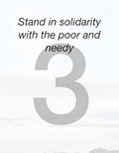 |
|
ABM’s community development program targets disadvantaged, marginalised communities, supporting those communities to address their own concerns. ABM’s work is based on trusting, respectful relationships with our partners and the communities where they work. In Eastern Kenya, people experience long periods of drought so often that these conditions have become the norm. |
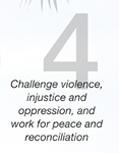 |
|
ABM’s work helps disempowered and marginalised people to speak for themselves, and act to improve their condition. Our work supports peace and reconciliation in areas affected by conflict. In the Lui River Valley in the Western Province of Zambia, you will find the village of Lui-Mwemba, 20 kilometres and seven hours walk from the main road, along deep sandy tracks. There is no public transport to or from this village of 1,300 people. |
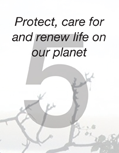 |
|
ABM’s work reflects our commitment to environmental sustainability. Where this is not possible, due to overwhelming climate change, adaptation and planning for future re-location of affected people is the only option. In recent times the global phenomenon of climate change has called for immediate action in order to mitigate against rising tides and the encroachment of land mass in many regions across the Pacific. |


